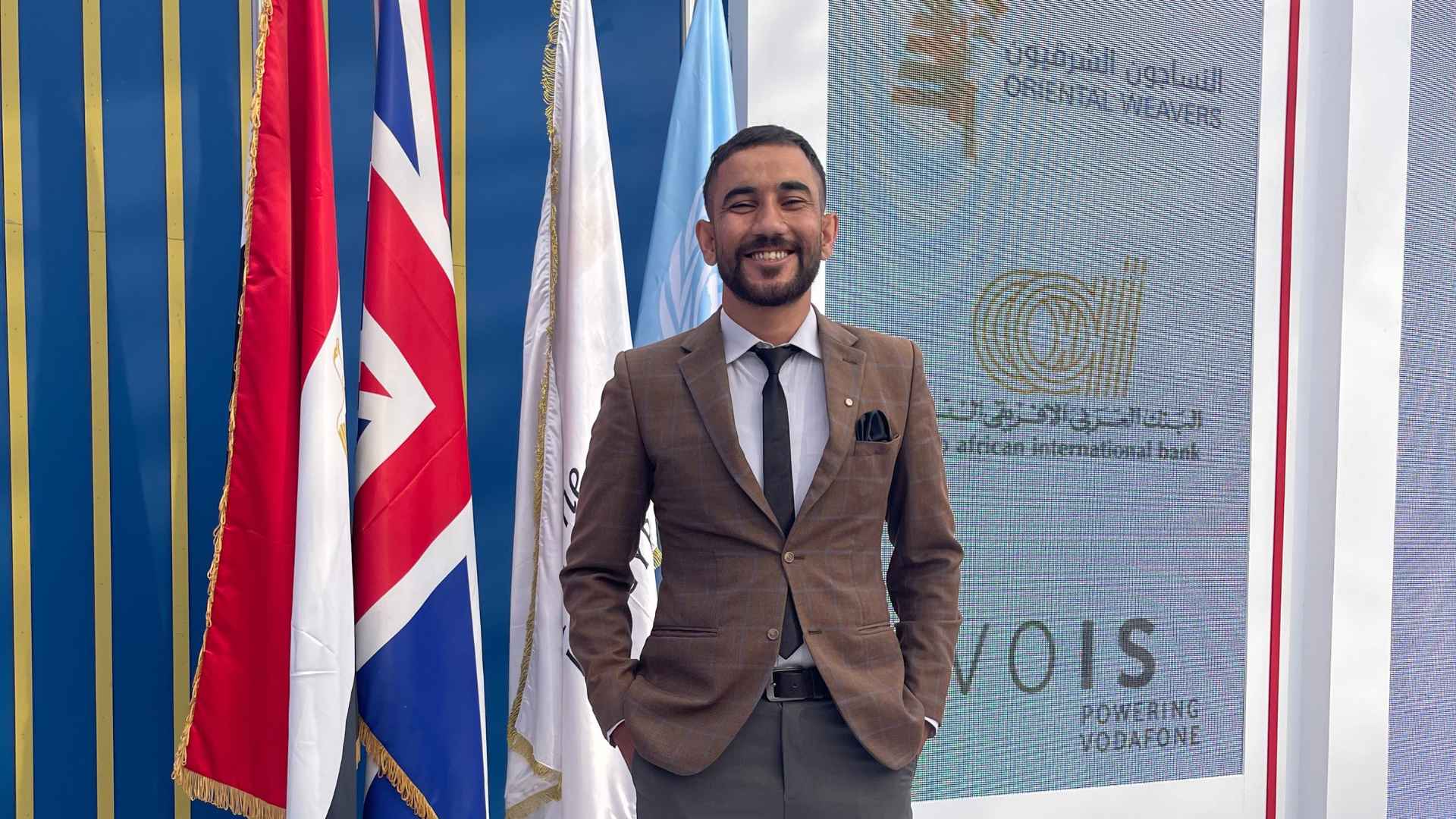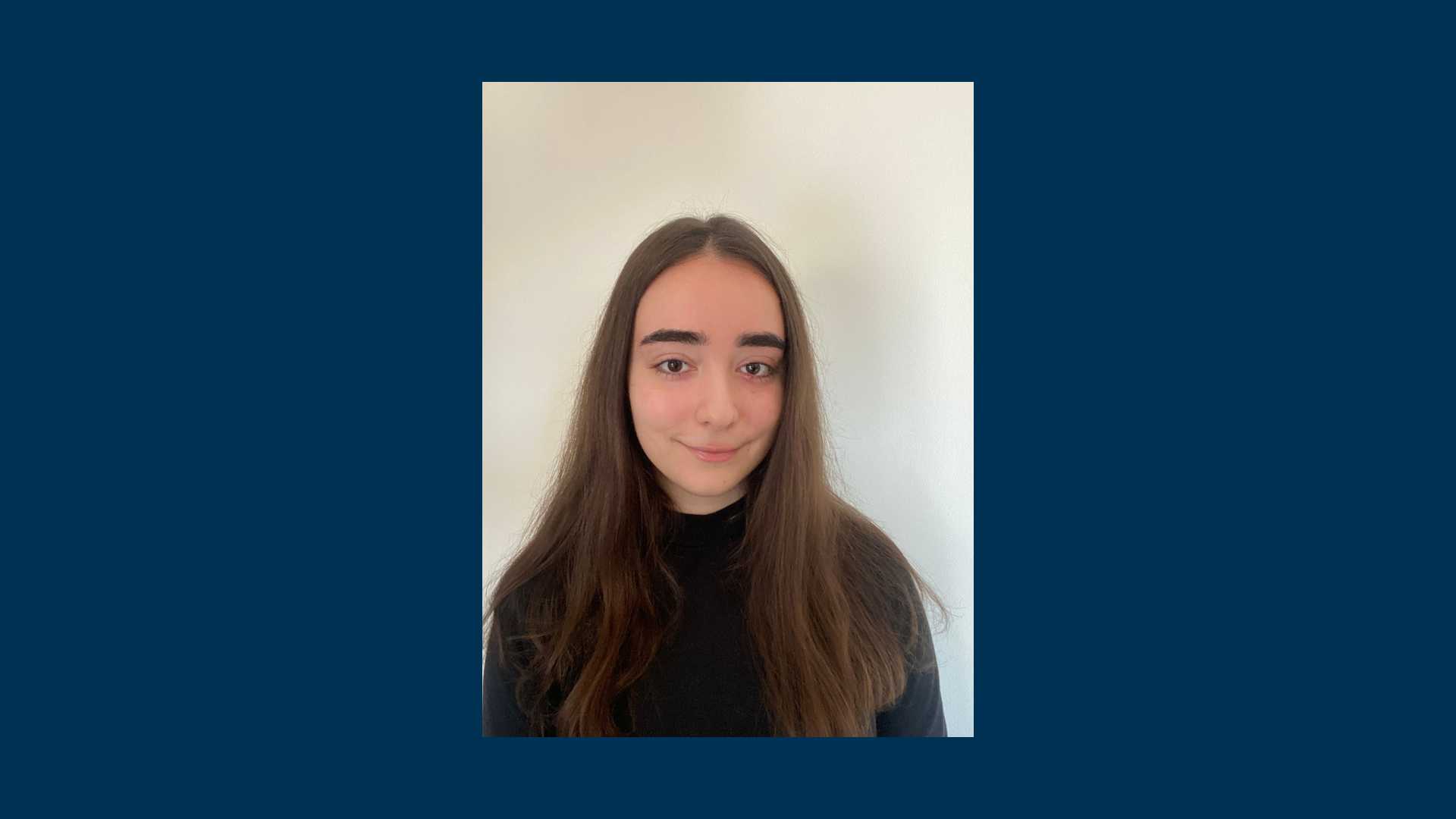Civic Tech Institute alumnus from Pakistan wants to work at the convergence of data and policy

By Anodya Mishra
Syed Hasnain Akber from Pakistan found out about Equitech Futures through a LinkedIn post in January 2023. After a rigorous application process, he was selected for the Civic Tech Institute program and joined a cohort of 15 people from all over the world, passionate about practicing data and technology skills to achieve impact at scale. Hasnain belongs to the Gilgit-Baltistan region of Pakistan, one of the most underdeveloped and marginalized areas in the country. He shared, “I want to design interventions at the intersection of data and policy in Gilgit-Baltistan, and my capstone project during the Civic Tech Institute program also focused on the same.”
Hasnain completed his bachelors in International Relations from the National Defence University, Pakistan. During his college days, he developed an entrepreneurial penchant, participating in workshops, volunteering for bootcamps, and starting his own initiatives on development issues.
Hasnain spoke about his Equitech experience with great enthusiasm and insight. He said, “The Civic Tech Institute was a great space to meet people from different backgrounds and regions, and the Community Action Lab led by Thomas Murray ended up being my favorite course because of this. This class brought the entire cohort together in harmony. We would have discussions about myriad topics, but the primary reason why I enjoyed it the most was because it succeeded in creating a sense of community in a virtual environment.” Hasnain also remarked, “We learnt a lot from other classes in Civic Tech Institute, but it was Thomas’ class that tied it all together because it helped us know ourselves better, and how each of us have a different perspective about the world.”
Further, Hasnain spoke about his final project for the Civic Tech Toolkit class. “My final capstone project for Abhilash Mishra’s class was about data scarcity in the Gilgit-Baltistan region. I wanted to look into the aspect of maternal death in the region and how the marginalization of the community leads to an increase in maternal mortality. I compared secondary data from all over Pakistan to conclude that the maternal mortality rate in Gilgit-Baltistan is the highest in the country.” Hasnain further explained that this project was close to his heart because he had seen women in his community suffer due to lack of health accessibility in the region. He said, “Availability of data is a stepping stone towards policy-making. In a region like Gilgit-Baltistan, where data on women’s health isn’t available, how will a government form policies? And even if they do, are those the right policies? These are some questions I tackled through my capstone.”
Before joining the Civic Tech Institute at Equitech Futures, Hasnain worked with several organizations in the capacity of research and development, event management, business operations, community development, project management, and consulting.
Hasnain also shared the challenges he faced when he first joined the program. He said, “Coming from a social science background, there were some technological concepts which were difficult for me to grasp. However, this challenge of learning something new is what made the program special for me. I wanted to get out of my comfort zone and embrace this novelty because I knew these skills would help me in the long run.”
When asked about his biggest takeaway from the Civic Tech Institute, Hasnain said, “Apart from teaching me about the intersection of AI and social impact, this program also taught me how to be a better human being. It taught me the importance of knowing and understanding different perspectives, and empathizing with them. My only advice to anyone joining this program is that you have to align your vision to the teaching here. For me, I believe that I have come out of this place a better person and a better leader. My determination to work towards the development of my region has grown stronger.”





